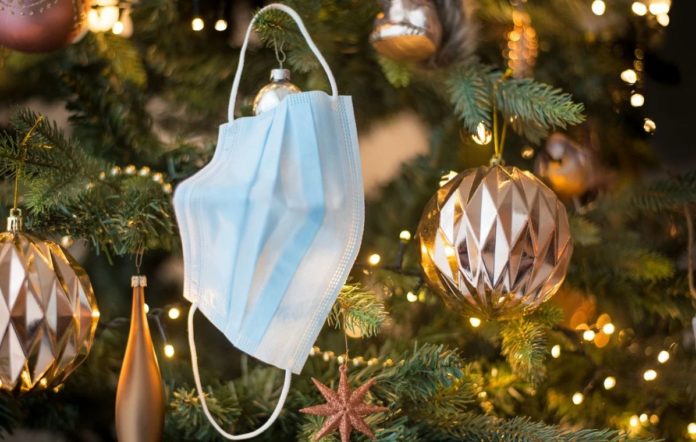For some viruses, the winter season is an opportunity to spread. And they travel more easily from one person to another when the air is dry.
Linsey Marr, an aerosol researcher at the Virginia Tech, studies coronavirus transmission and recommends having a humidifier at home.
“You could invest in a humidifier and set it to keep the humidity above 40% but below 60% in the wintertime,” Linsey told Business Insider, as “the virus doesn’t survive as well under these conditions.”
“When cold outdoor air with little moisture is heated indoors, the air’s relative humidity drops to about 20%,” adds Akiko Iwasaki, an immunobiologist at Yale University. The dry air of the environment “provides a clear pathway for airborne viruses” to travel, she warns.
The drier the air, the lower the relative humidity and, therefore, the easier it is for the coronavirus to spread.
But why is this happening?
In July, Ajit Ahlawat, a research scientist at the Leibniz Institute for Tropospheric Research (TROPOS), found that the probability of the coronavirus being transmitted through the air in dry places was higher than in humid ones. When the SARS-CoV-2 particles float in dry air, they absorb less moisture and therefore stay in the air longer. And more likely someone will walk by and inhale it.
- Brief Anger Hampers Blood Vessel Function Leading to Increased Risk of Heart Disease and Stroke – New Study
- New Blood Test Pinpoints Future Stroke Risk – Study Identifies Inflammatory Molecules as Key Biomarker
- Enceladus: A Potential Haven for Extraterrestrial Life in its Hidden Ocean Depths
- New Experiment: Dark Matter Is Not As ‘DARK’ As All We Think
- Scientists in Fear of This New Predator From Red Sea Eating Native Species in Mediterranean
In addition, the coronavirus is covered by a layer of lipids that helps it survive when it passes from one person to another. And it dries faster the hotter it is. “We recommend using humidifiers,” Ahlawat insists. “Especially in poorly ventilated interiors like some hospitals, schools and public buildings.”
By the way, we help our immune system
In humid environments, “your immune response works better than when the air is dry,” reveals Marr.
Ahlawat recommends maintaining relative humidity in the rooms between 40% and 60%. The mucus in the nose that protects us from external pathogens works best when the air is more humid. This is because mucus covers flexible hair-like appendages called cilia, which trap the viral particles that try to reach our lungs.
According to a recent study by Iwasaki, when the humidity is low, mucus dries up and, as the mucus dries – which works as a lubricant – it is difficult for these protective cilia to trap the virus.
Although having a humidifier at home seems to be a good idea to protect yourself from COVID-19, Marr remembers that maintaining social distance, always wearing a mask, washing hands and ventilating closed places is the most important.
